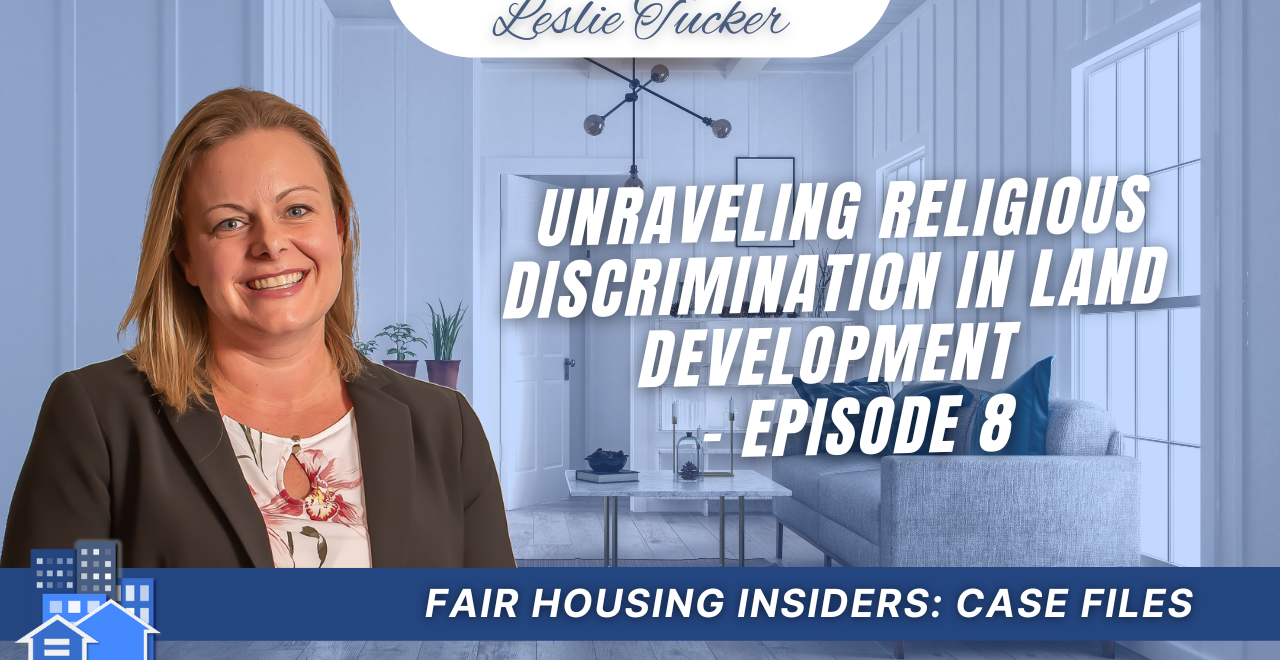In the realm of property management, the intersection of real estate development and legal compliance often presents intricate scenarios. Today, we delve into a compelling case that underscores the complexities of religious discrimination in property management. This analysis aims to educate professionals in the field, providing insights into the nuances of such cases.
Lost Lake Holdings, LLC v. Town of Forestburgh (S.D.N.Y.)
The Case Background: A Tale of Two Developers
Our focus is a unique case involving a piece of land, approximately three square miles, initially purchased by a developer with plans to construct several thousand residential units. Despite obtaining all necessary approvals for the first phase of development, the project stalled. Enter the second developer, the central figure in this lawsuit. This developer, operated by Hasidic Orthodox Jews, faced immediate backlash upon acquiring the land, evidenced by reactions on social media and online platforms.
The Allegations: Discriminatory Actions by the Town Board
The crux of the case lies in the alleged discriminatory actions of the town board toward the second developer. The board is accused of increasing fees, raising tax assessments, and imposing delays, diverging significantly from their earlier dealings with the first developer. The situation escalated when the board denied building permits, a decision upheld by the Zoning Board of Appeals. The board justified its refusal by claiming the land use proposed by the second developer deviated from the original plan. However, the developer perceived these actions as violations of the Fair Housing Act, specifically targeting their religious identity, which was seemingly fueled by the public’s assumption that the developer would only be selling homes to Orthodox Jewish buyers.
Legal Perspectives: Fair Housing Act and Religious Discrimination
An interesting legal question arises: Could the developer have restricted housing purchases to Hasidic Orthodox Jews? The answer is a clear no. Such a restriction would violate the Fair Housing Act, which prohibits discrimination based on religion in housing transactions. While it’s not uncommon for specific ethnicities or religious groups to make up the majority demographic of certain neighborhoods, any form of exclusionary practice by developers is unlawful.
Indirect Discrimination: The Challenge of Proving Bias
The case also highlights the complexity of proving religious discrimination when direct evidence, like explicit statements, is lacking. Discriminatory intent often needs to be inferred from circumstantial evidence, such as changes in the town board’s behavior following the involvement of the Hasidic developer. This circumstantial nature of evidence poses challenges yet remains crucial in establishing a case of indirect discrimination.
A Learning Opportunity for Property Management Professionals
As this case continues, it serves as a valuable learning experience for those in property management. Understanding the legal implications of religious discrimination and the nuances of proving such cases is essential for navigating the intricate landscape of property development and management.

